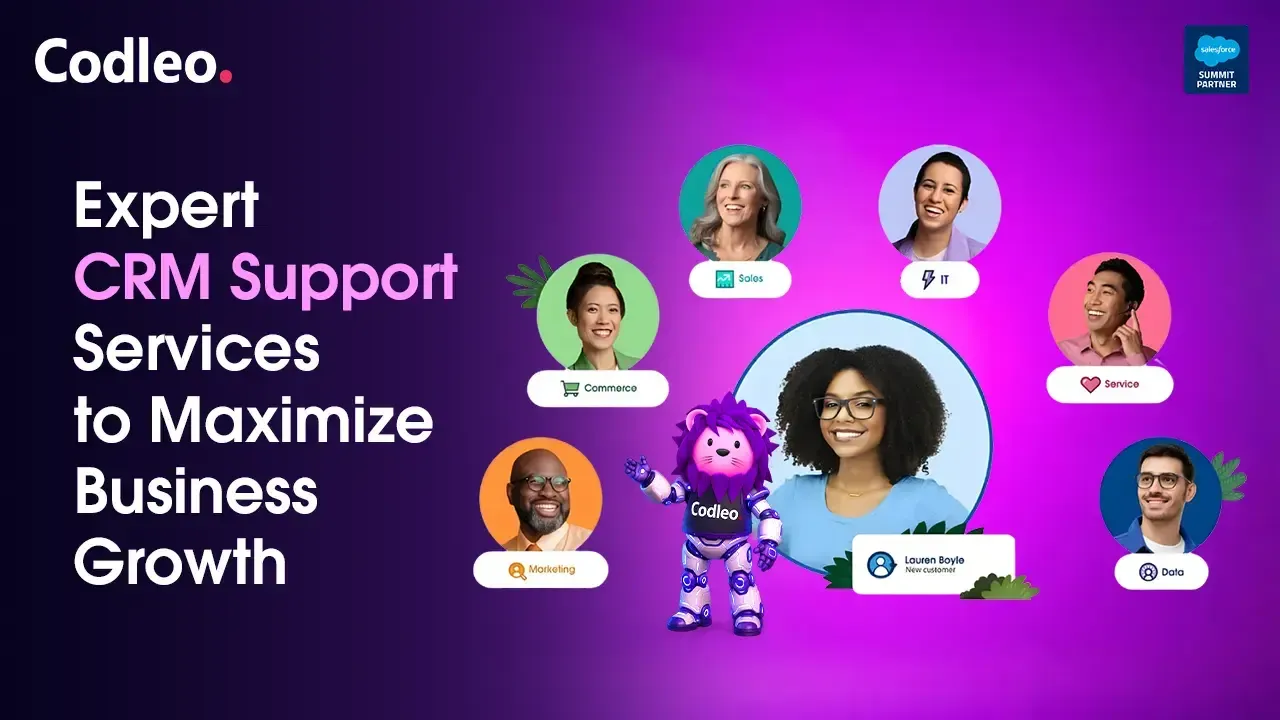Publish date:
Hello, folks. In today’s blog, we are talking about certain communication skills that all need to work on overtime. These skills don’t come with a degree. They are the product of introspection, working on yourself, and realizing the need to be an effective communicator.
The top communication skills needed at the workplace include:
-
Active listening. Many people don’t give importance to or underestimate the power of being a good listener. It is a skill that can be achieved by all. Being an active listener means being present in the moment. It is listening and retaining the information which you hear understand what they are trying to convey and feel the emotions of the speaker. Active listening aids in collating vital information, minimise miscommunications, improve relationships, and smoothens collaboration. To be an active listener, keep eye contact with the speaker, face them, and acknowledge them with facial / hand gestures or expressions. An active listener poses queries, takes notes and offers solutions, etc. Active learning is most used in verbal communication between two and more people.
-
Clarity of speech and words. By this means, when we communicate whether verbally or in text, are we precise and able to convey the information in the simplest way so that the recipient comprehends & makes use of the information. Are we being to the point or “beating about the bush” or conveying more information than needed. This is pertinent for those who love the sound of their own or are incessant talkers. Clarity is a skill that needs to be honed if you wish to be an effective speaker.
-
Audience awareness. This refers to tailoring your communication keeping in mind the specifics of the audience for whom it is intended. This ability is important to ensure that your intended goals are met. While corresponding with anyone via any means, keep in mind where they are coming from. Ask yourself: How familiar are they with the issue? How invested are they in the situation? Are they jargon – friendly or do you need to dumb it down? Is the content of what you are communicating relevant to them? Always plan your communication especially verbal, with the audience in mind.
-
Emotional intelligence. It refers to a person being tuned & responsive to their own and others' emotions & state of mind. In office relationships, it means empathising with others (peers or juniors, or seniors). It helps you to forge stronger bonds at work, lower conflict situations and create a healthy work environment. You have to be in tune with your emotional feelings to make emotional intelligence work for you. Understanding that all human beings in all aspects of your life are people with feelings & emotions, and can have various emotional reactions can help you to be a better person.
-
Be open to constructive criticism. Being receptive to criticism from people at work on any issue and taking it in the right spirit is an art few achieve. It is however a skill all need to develop as we are all going to be at the receiving end on more than one occasion. The same applies to all doling out the same to others.















